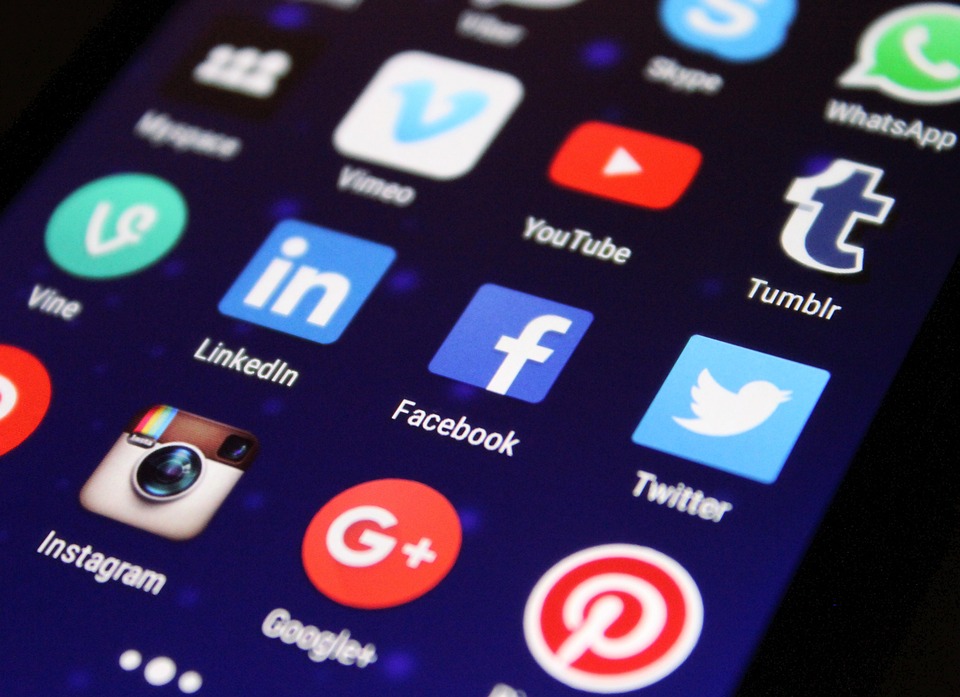The Rise of Artificial Intelligence in Media Content Creation
In the digital age, media content creation has evolved significantly with the emergence of artificial intelligence (AI). From generating written articles to creating videos and designing graphics, AI technologies are revolutionizing how content is being produced across various platforms. The use of AI in media content creation offers numerous benefits, including increased efficiency, scalability, and personalization. This article will explore how artificial intelligence is transforming the landscape of media content creation and the implications it has for content creators and consumers alike.
AI-powered Writing and Journalism
One of the most notable applications of AI in media content creation is in writing and journalism. AI-powered tools, such as natural language generation (NLG) software, can automatically generate articles, reports, and other written content based on a set of parameters. These tools utilize complex algorithms to analyze data and produce coherent and engaging text that mimics human writing. This technology is particularly useful for data-driven reporting, where large amounts of information need to be processed quickly and efficiently.
AI-powered writing tools are also being used to streamline the content creation process for bloggers, marketers, and social media influencers. These tools can generate topic ideas, research keywords, and even suggest headlines and meta descriptions. By automating these tasks, content creators can focus on creating high-quality content and engaging with their audience, rather than spending time on mundane tasks.
Video and Audio Production
Another area where AI is making a significant impact is in video and audio production. AI technologies, such as deep learning algorithms and computer vision, are being used to automate the editing, captioning, and transcription of videos. These tools can analyze video content frame by frame, identify key elements, and generate visual effects and animations. AI-powered video editing software can also automatically cut and splice footage, add transitions, and even create music and sound effects.
In the realm of audio production, AI is being used to enhance voiceovers, create background music, and remove background noise. AI-powered tools like speech recognition software can transcribe spoken words into text with remarkably high accuracy, enabling content creators to easily create subtitles and closed captions for their videos. These advancements in AI technology are revolutionizing the way videos and audio content are produced, making the process more efficient and cost-effective.
Graphic Design and Visual Content Creation
AI is also playing a significant role in graphic design and visual content creation. AI-powered tools, such as image recognition software and neural networks, can generate high-quality graphics, logos, and illustrations based on user input. These tools can analyze color schemes, typography, and design elements to create visually appealing graphics that are tailored to a specific brand or purpose. AI-powered design software can also automate repetitive tasks, such as resizing images, creating social media graphics, and optimizing web designs for different devices.
AI technologies are also being used to enhance image and video content through features like image enhancement, image segmentation, and object recognition. These tools can automatically adjust brightness, contrast, and saturation levels, as well as identify specific objects and elements within an image. By leveraging AI-powered design tools, content creators can produce visually stunning graphics and visual content in a fraction of the time it would take using traditional methods.
Implications for Content Creators and Consumers
The rise of artificial intelligence in media content creation has significant implications for content creators and consumers alike. For content creators, AI technologies offer the potential to streamline the content production process, reduce costs, and improve the overall quality of content. By automating time-consuming tasks and generating personalized, data-driven content, AI-powered tools enable content creators to focus on creativity and innovation, rather than mundane tasks.
For consumers, AI-powered media content offers a more personalized and engaging experience. By utilizing AI algorithms to analyze user data and preferences, content creators can tailor content to meet the specific needs and interests of their audience. This level of personalization can lead to increased user engagement, higher customer satisfaction, and ultimately, improved brand loyalty.
In conclusion, artificial intelligence is revolutionizing the way media content is created and consumed. From writing and journalism to video and audio production, graphic design, and visual content creation, AI technologies are transforming the content creation process across various platforms. The implications of AI-powered content creation are vast, offering benefits for both content creators and consumers. As AI continues to evolve and mature, it is clear that the future of media content creation will be driven by intelligent algorithms and automated processes.



Leave a Reply